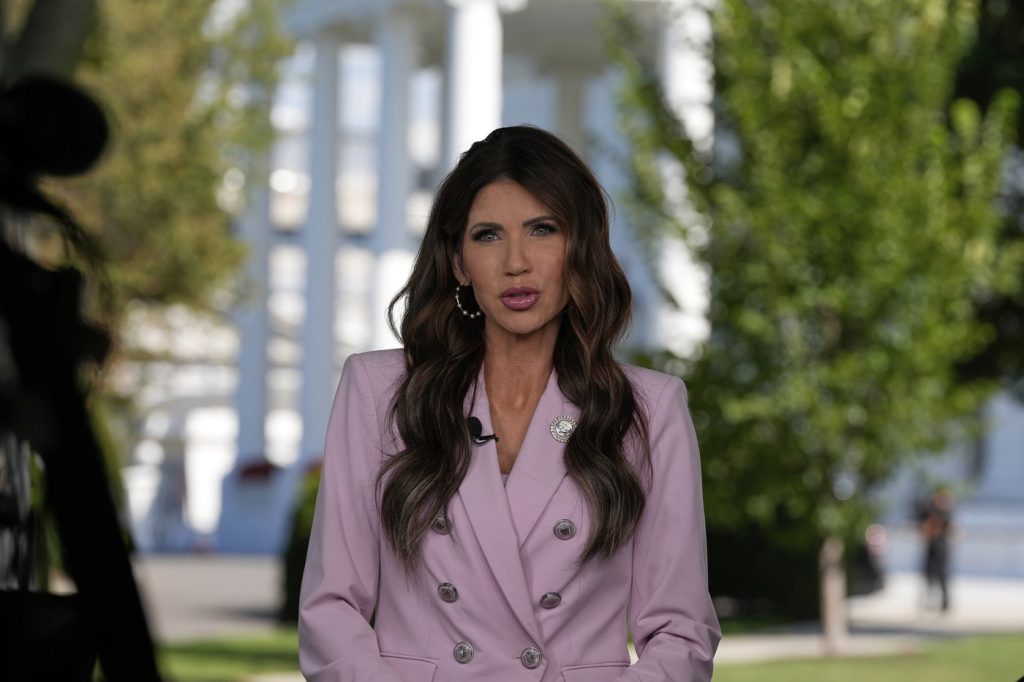Department of Homeland Security Secretary Kristi Noem announced plans for an expansion of immigration enforcement operations in Chicago. This decision by the Trump administration is seen as a response to ongoing tensions with Illinois' Democratic leadership, particularly targeting Governor JB Pritzker and Chicago Mayor Brandon Johnson. In an interview on CBS News' "Face the Nation," Noem confirmed that the administration intends to increase federal agency presence in Chicago, the nation's third-largest city.
The move follows a recent request by the Department of Homeland Security (DHS) to the Naval Station Great Lakes, which is located approximately 35 miles north of Chicago, for limited logistical support to facilitate anticipated operations in the area. Noem noted that while Immigration and Customs Enforcement (ICE) has had operations in Chicago, additional resources are set to be deployed soon.
Noem refrained from detailing the specific nature or scope of the upcoming federal operations. The anticipated mobilization of federal agents comes shortly after the Trump administration dispatched National Guard troops to Washington, D.C., to tackle issues related to crime, immigration, and homelessness. This expansion of federal authority also follows a recent deployment of troops to Los Angeles.
In a social media post, President Donald Trump criticized Governor Pritzker, urging him to address Chicago's crime issues promptly, stating, "or we’re coming." This reflects the president's ongoing critique of the city's Democratic leadership. Both Pritzker and Mayor Johnson have contested the necessity of federal enforcement efforts, asserting that crime rates in Chicago have been on the decline. They have signaled intentions to pursue legal action if the Trump administration proceeds with its plans.
Mayor Johnson has taken proactive measures by signing an order prohibiting the Chicago Police Department from cooperating with federal authorities during the expected immigration enforcement surge. Chicago, which boasts a significant immigrant population, has implemented some of the strongest regulations in the country against collaboration with federal immigration efforts, frequently putting local governance in opposition to Trump’s administration, which has sought to implement a mass deportation policy.
During the interview, Pritzker raised concerns that the federal mobilization may be part of a broader strategy by Trump to manipulate the upcoming elections in 2026, suggesting a potential threat to the electoral process. Noem indicated that whether to deploy National Guard troops to Chicago is ultimately a decision for Trump to make, alluding to his previous actions in Los Angeles in response to immigration protests. She remarked, "I do know that LA wouldn’t be standing today if President Trump hadn’t taken action," implying that the federal response was crucial in maintaining order amid civil unrest.
This unfolding situation highlights the ongoing friction between the Trump administration and local leaders in Illinois, as they prepare for a significant increase in federal immigration operations amid allegations of rising crime and challenges surrounding the management of this enforcement. As Chicago grapples with these developments, the city remains a focal point for the contentious national debate over immigration policy and law enforcement's role in urban areas.











